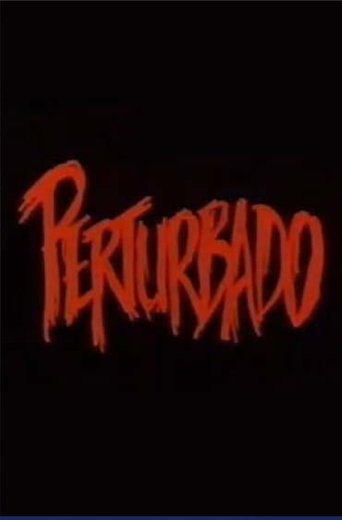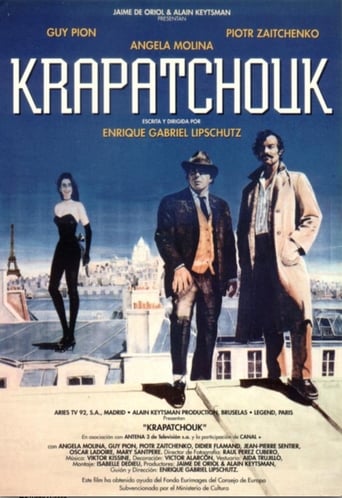Plauto, recuerdo distorsionado de un tonto eventual
May 07, 2004Plauto, the clown, tells us the story of the Circo de las Alegrías. Doña Alegría, owner of the Circus is determined that her son Palevhi, maintain the classic line of the show, which begs for a complete renovation. During the last years, the Circus has been dragging like a dying man until the threat of bankruptcy and unemployment has led his workers to anguish. One night in September, Palevhi decides to inform the big family of the circus the final closure. Tears of frustration give way to the search for solutions.
Drama



